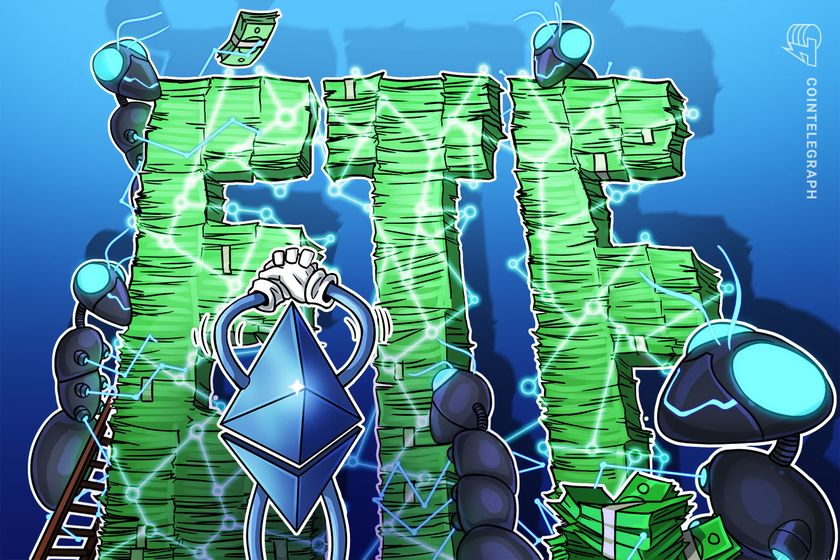Major US banks get passing grade in ‘severe recession’ stress test

America’s central bank has been stress-testing retail banks in the wake of several high-profile banking collapses earlier this year.
The American central bank has determined that all 23 of the country’s largest banks would be able to survive a severe recession following its “stress tests.”
The report issued on June 28 also showed relative weakness among the midsize and regional banks, however, the stress test only requires the 23 banks to participate in testing,. The list comprises of the country’s largest lenders.
In light of the banking crisis earlier this year, Fed policymakers hinted that stress testing could be made harder in the future.
Fed vice-chair for supervision, Michael Barr, commented:
“We should remain humble about how risks can arise and continue our work to ensure that banks are resilient to a range of economic scenarios, market shocks, and other stresses.”
Bank stress tests have been carried out every year since the 2008 financial crisis, which was caused by U.S. banks. The Fed tests how severe banking industry losses would be if unemployment were to skyrocket and economic activity were to severely contract.
In this year’s stress test, the Fed tested a severe global recession scenario which caused 40% and 38% declines in commercial and home property prices respectively. In the worst-case scenario, unemployment would hit 10% — it is currently 3.7%.
The 23 largest banks would have collective losses of $541 billion in this scenario, according to the tests.

A bank must have a stressed capital ratio of at least 4.5% to be considered for a passing grade, according to the Fed. Capital ratios are a key measure of a bank’s financial strength.
Earlier this year the American banking system was rocked by several high-profile collapses including Silicon Valley Bank, Signature Bank, Silvergate Bank, and First Republic Bank. Others including PacWest and Western Alliance were on shaky ground.
Related: Banking crisis: What does it mean for crypto?
The Fed has been actively bailing out smaller banks this year through its Bank Term Funding Program (BTFP) set up in March.
More than $100 billion has already been spent propping up small and mid-sized banks on the ropes, according to the Federal Reserve data.
Magazine: Crypto regulation: Does SEC Chair Gary Gensler have the final say?









